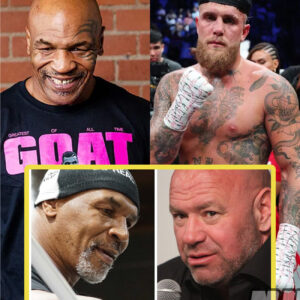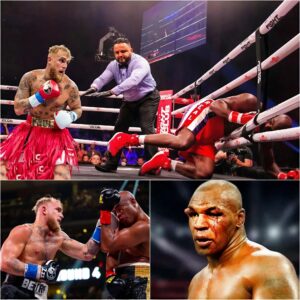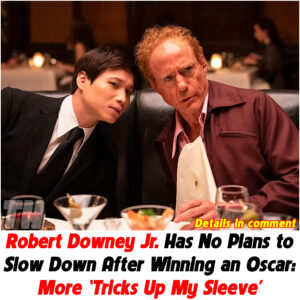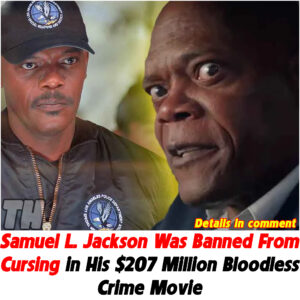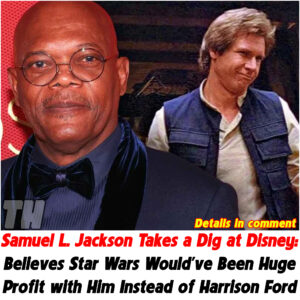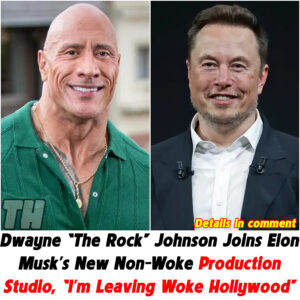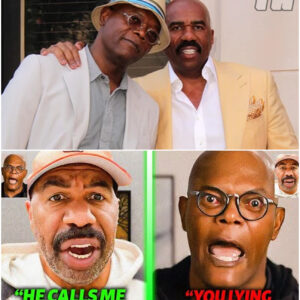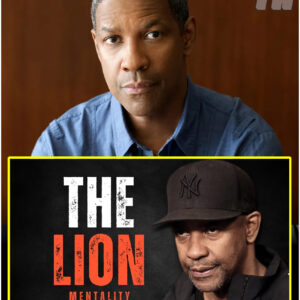In the ever-evolving landscape of the entertainment industry, scandals and rumors often take center stage, captivating audiences and sparking intense debates.
The recent revelation surrounding the alleged affair between hip-hop moguls Rick Ross and Diddy.
Along with the involvement of comedy icon Eddie Murphy, has sent shockwaves through the music world.

While some dismiss these claims as mere tabloid gossip, others believe there may be truth behind the sensational headlines.
The saga began when eyewitnesses reported seeing sparks flying between Rick Ross and Diddy, igniting a fire of speculation about their relationship.
Photos and videos surfaced, suggesting intimate moments between the two, fueling rumors of a romantic entanglement.
Even rapper 50 Cent, known for his outspoken nature, joined the fray, posting scandalous content on social media and insinuating that there was more to their connection than meets the eye.
However, what truly caught the public’s attention was the involvement of comedy legend Eddie Murphy in the mix.
Known for his larger-than-life persona and infectious humor, Murphy’s association with Ross and Diddy raised eyebrows and prompted further scrutiny.
Speculation about Murphy’s role in facilitating the alleged affair only added to the intrigue surrounding the scandal.
Amidst the sensationalism, it’s essential to examine the broader context of LGBTQ+ representation and support within the hip-hop community.
Historically, the genre has been criticized for its lack of inclusivity and perpetuation of homophobic attitudes.
However, recent years have seen a shift, with artists like Rick Ross and Diddy expressing support for the LGBTQ+ community and advocating for acceptance in hip-hop culture.
Similarly, Diddy’s ambiguous statements and actions have led to speculation about his sexuality.
With fans urging him to live authentically and openly embrace his truth.
Moreover, Eddie Murphy’s journey towards understanding and rectifying past mistakes regarding LGBTQ+ representation adds another layer to the narrative.
His acknowledgment of the harm caused by insensitive jokes and his efforts to educate himself reflect a broader cultural shift towards acceptance and understanding.
However, amidst the progress, challenges remain, as evidenced by the backlash and skepticism surrounding the alleged affair between Ross, Diddy, and Murphy.
The intersection of fame, sexuality, and public scrutiny underscores the complexities of navigating personal relationships in the spotlight.
As the saga continues to unfold, one thing remains clear: the conversation around LGBTQ+ representation in hip-hop is far from over.
Whether the allegations prove true or false, the scandal has sparked important discussions about acceptance, inclusion, and the evolving nature of the music industry.
Only time will tell how these revelations will shape the future of hip-hop culture and its relationship with the LGBTQ+ community.
News
(VIDEO) Dana White REACTS to Mike Tyson vs Jake Paul POSTPONED FIGHT
**Anderson Silva and Chael Sonnen: From Boxing Match to Hall of Fame Induction** In an unexpected turn of events, former MMA rivals Anderson Silva and Chael Sonnen…
(VIDEO) Mike Tyson Just ANNIHILATED Jake Paul And WARNED To FINISH Him!
**Iron Mike vs. The Problem Child: The Showdown of Eras** The boxing world is abuzz with the upcoming clash between two unlikely adversaries: the legendary Mike Tyson…
(VIDEO) MIKE TYSON SCARY NEW FOOTAGE!👀(FULL TRAINING) Mayweather, Lennox & Joe Rogan WORRIED for JAKE PAUL??
### Mike Tyson vs. Jake Paul: The Fight That Never Was The world of boxing thrives on spectacle, and few events captured the public’s imagination like the…
(VIDEO) Joe Rogan Just RIPPED Jake Paul After He Quit Mike Tyson Fight
### Jake Paul vs. Mike Tyson: The Fight That Never Was In a world where spectacle often triumphs over substance, Jake Paul’s announcement to fight Mike Tyson…
(VIDEO) Floyd Mayweather Just WARNED Jake Paul To CANCEL Might Tyson Fight
### Jake Paul vs. Mike Tyson: The Looming Showdown and Floyd Mayweather’s Dire Warning In the ever-dramatic world of boxing, a potential clash between social media sensation…
(VIDEO) Joe Rogan Just EXPOSED Jake Paul With LEAKED Audio Files For BRIBING The Referee
In an unexpected twist, a leaked video has surfaced showing a private match between Jake Paul and Mike Tyson, revealing that Paul had to pay approximately $100…
End of content
No more pages to load
